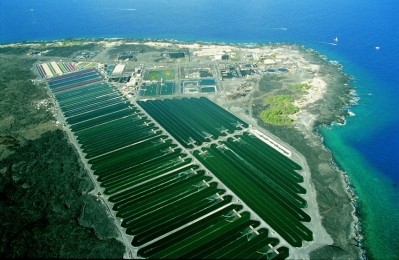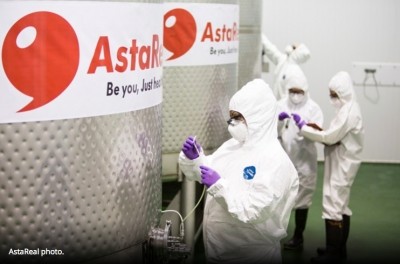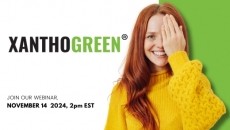Cyanotech matches competitor in achieving halal certification

The certification, which applies to the company’s BioAstin SCE 5 bulk raw material and vegan BioAstin soft gels finished product, was granted by the Islamic Food and Nutrition Council of America (IFANCA). Cyanotech has for a number of years been placing a greater emphasis on its finished goods business, and the recognition that the 1.4 million Muslim consumers in the United States are playing an ever bigger role in local consumer economies was a factor in the decision to seek halal certification, as well as the desire to entire Muslim-dominated markets worldwide.
“We are very excited about this certification as it allows us to offer our astaxanthin supply to growing markets in Southeast Asia and beyond,” said Dr. Gerald Cysewski, CEO and founder of Cyanotech Corporation. “Cyanotech’s top priority is to provide the highest quality microalgae products, and offering halal certified SCE 5 and vegan soft gels, along with halal certified spirulina products, proves that commitment.”
According to market research firm J. Walter Thompson Intelligence, the halal foods market is projected to hit $20 billion this year, up by one-third since 2010, according to the Islamic Food Council.
Walmart now features halal-certified brand Crescent Chicken, and halal brand Saffron Road is stocked in Whole Foods Markets stores nationwide. According to Bloomberg, Whole Foods ranks halal food as one of its fastest-growing categories. And the market report noted that The Halal Guys, founded in New York City in 1990, is now one of the fastest growing fast/casual restaurant franchise chains in the country.
More competition in astaxanthin
The astaxanthin market by all available information continues to grow strongly, but competition is ramping up, too. Chinese company BGG entered the market several years ago with algal astaxanthin grown in Yunnan Province, and the company has built out its sales representation with the addition of a European office. And another of Cyanotech’s competitors, AstaReal, a division of Fuji Chemical Industries, achieved halal certification earlier this year for its astaxanthin raw material with the aim to target markets in Southeast Asia such as Indonesia, the Philippines, Malaysia and Singapore.
Earlier this year Cyanotech reported its year end financial results, and Cysewski noted that a protracted legal wrangle relating to the departure of former CEO Brent Bailey had weighed upon the company’s finances.
“While we suffered from high legal costs this year, our results reflect positive momentum in the areas where we are focused strategically. Additionally, we instituted production efficiencies and a restructuring that should generate cost savings in the next fiscal year,”he said.
Cyanotech recorded net sales in fiscal 2017 of $32 million compared to $31.8 million in the year previously, for a razor-thin increase of 0.6%. The report noted that astaxanthin sales fell slightly, relating to the loss of a customer in Europe, but growth in spirulina sales more than made up the difference. The company made progress on paring down its operating loss, however, with a loss of $682,000 in 2017, or 21 cents per diluted share, compared to a loss of $785,000, or 79 cents per share in the year previously.


![“The availability [of Halal ingredients] now has become less of an issue, and we now focus our energy on creating the optimal product formulation rather than simply just trying to find whatever Halal source we can get for our product,” said NoorVitamins CEO Dr. Mohamed Issa](/var/wrbm_gb_food_pharma/storage/images/_aliases/wrbm_medium/publications/food-beverage-nutrition/nutraingredients-usa.com/article/2018/04/16/as-availability-of-halal-certified-ingredients-continues-to-rise-noorvitamins-shifts-focus-to-optimizing-formulations/8086172-3-eng-GB/As-availability-of-Halal-certified-ingredients-continues-to-rise-NoorVitamins-shifts-focus-to-optimizing-formulations.jpg)













